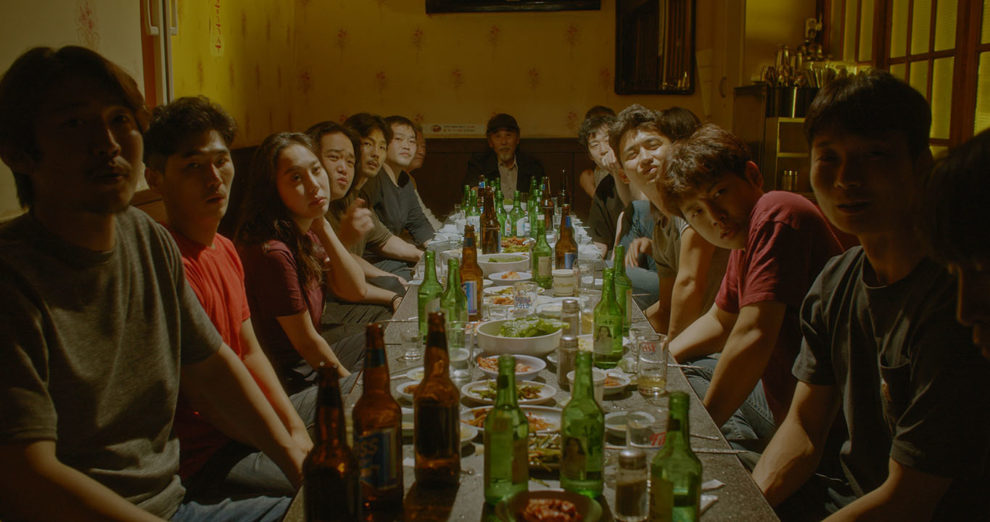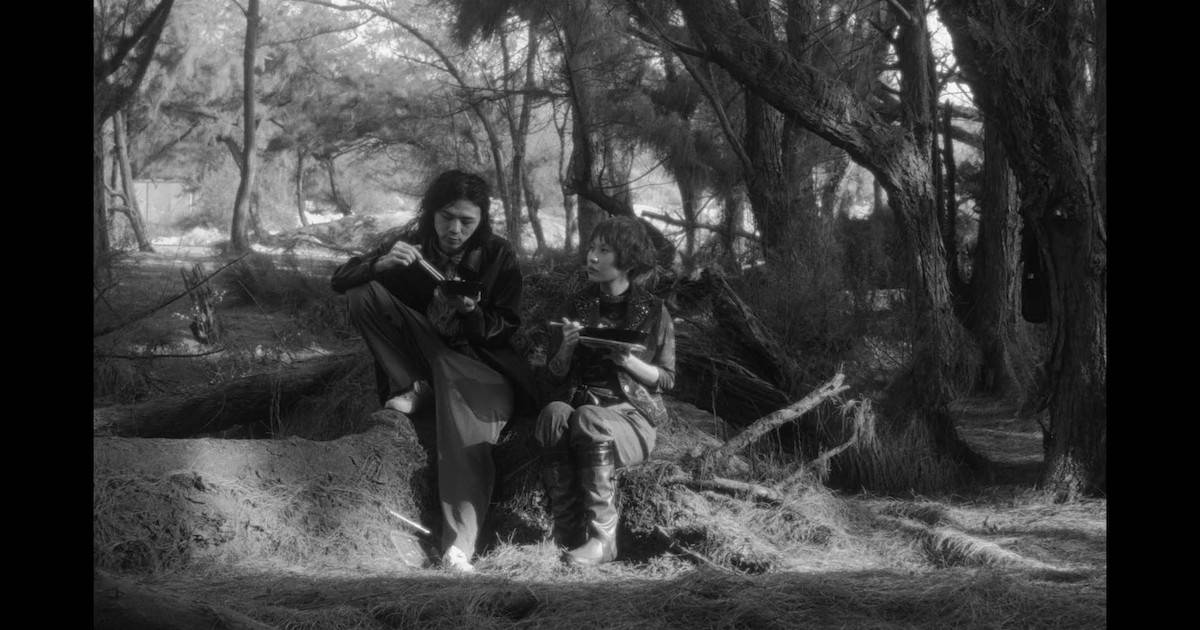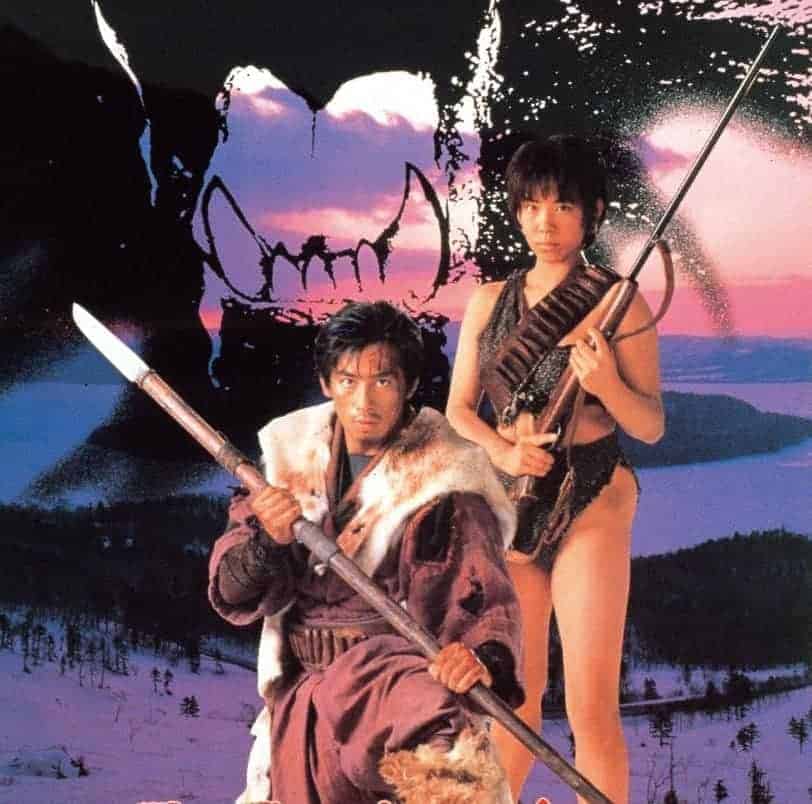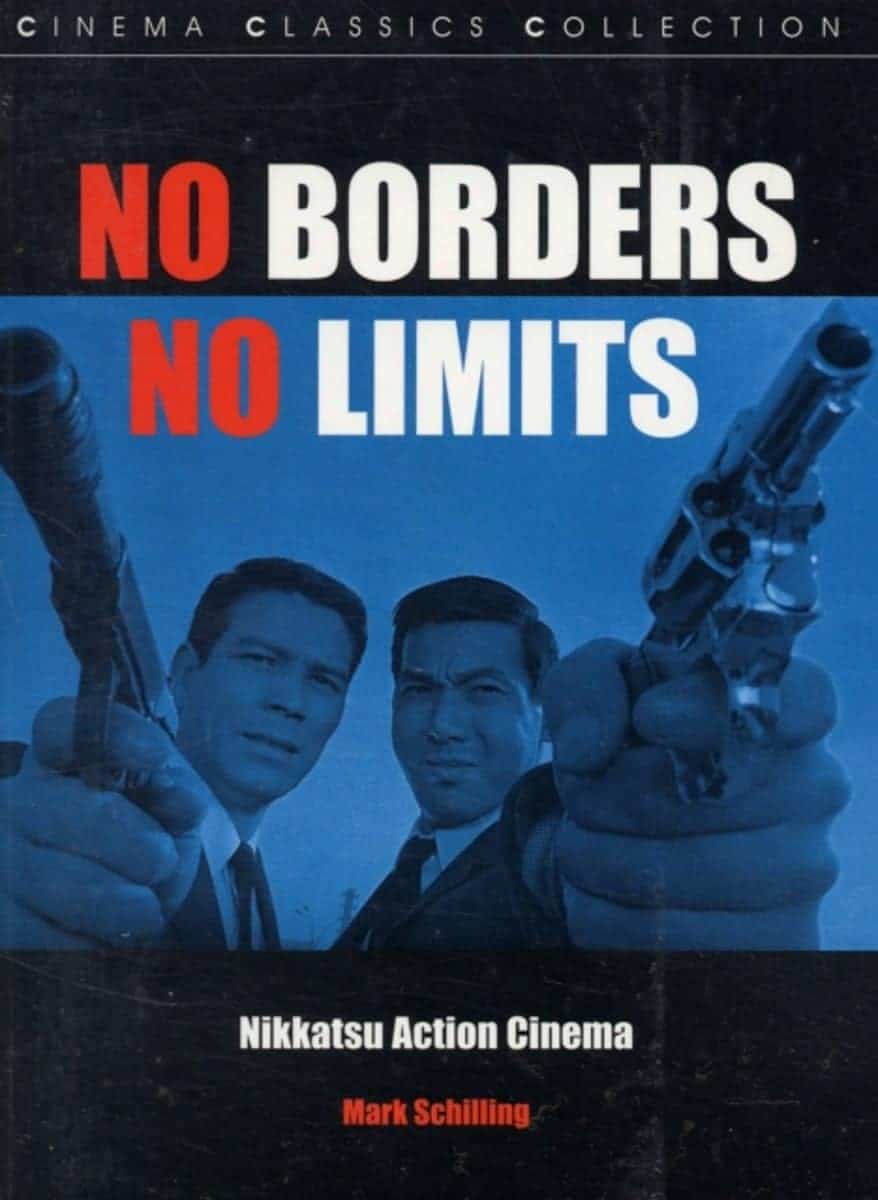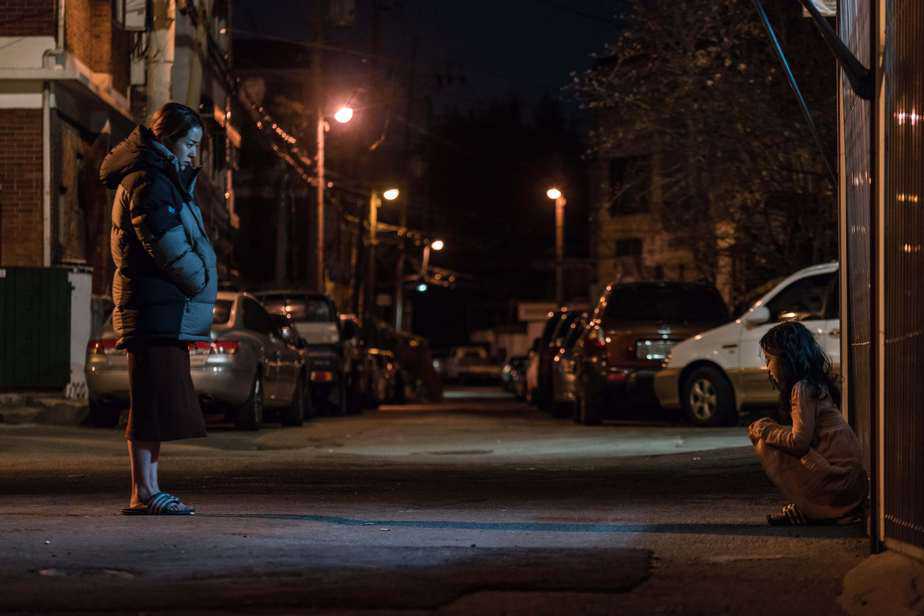“Junho” is a drama by Korean-American writer and director David Seok Hoon Boo. The film screened at this year's CAAMFest is the portrait of a traumatized and lonely person. It is also a homage to the art of acting and theater.
The protagonist of the story, Junho, is an actor and member of a prestige acting troupe in Korea. If you are a member of the Ghangbi you are considered elite in the acting scene. The troupe is organized in a very hierarchical way. An old „master“ dictates the plays and assigns the roles. He acts like a severe but still good-willed father figure. Junho and his girlfriend Jin are honored and happy to be part of this big family.

What the elderly members of the troupe hide however is a big and dark secret. The master has sexually assaulted several female members. And Jin is one of them. Completely incapable to deal with the scandal, Junho flees to San Francisco. There he finds support from another former member of the troupe. Both Koreans work on the streets and beaches of the city selling tacos from a small truck.
While Junho's friend has resigned from being an actor anymore, he still dreams of getting back on stage. His passion resembles a supernatural force that drives him. He is, however, caught between his will to shine again and his fear to deal with the past. He has the feeling that he let Jin down. His escape to the US was a way to shirk the situation. Junho as well as his Korean friend suffer from their bad conscience. Each of them reacts differently to it. Junho is depressive and petrified to act. His friend represses any active confrontation with the topic.
“Junho” is several things at once. It is a study of the profession of acting, as well as a the portrait of a singular character. The film, moreover, takes up the subject of #metoo in the acting business. It speaks about sexism and abuse of power. It shows also a characteristic of Korean society that makes this abuse particularly easy. The respect for the elderly is, at its basis, something very positive. But an excessive servility not only towards elderly but also people with higher ranks can be self-destructive.
The director chose a non-linear way to tell his story. Through flashbacks and using the dreams of his protagonist, he tells what actually happened in pieces. Even though this method adds a certain dynamic to the film, still “Junho” feels a bit long. A few scenes could have been shorter, also because some motives are repeated. At different moments, the protagonists come together to drink and shout. Junho is often drunk. Even though it's clear what the movie wants to express with it, it still feels a bit one-dimensional.
The film has a very melodramatic tone. It's not only the dark colors and the shooting mostly done at night time. It's also the impressionist style of the narrative that creates a melancholic atmosphere. Wonjun Jo, who incorporates the role of Junho, has not a very variate palette of emotions to show, unfortunately. He makes a lethargic impression, standing there with hanging shoulders and an empty gaze. The contrast to his days on stage is very strong. There he is full of life, while in his exile, he is worn out. The passage between the two state of minds does not feel very convincing, at least not all the time. But this might be due to Wonjun Jo's certain inexperience in acting in film. And not because he couldn't identify with his role.
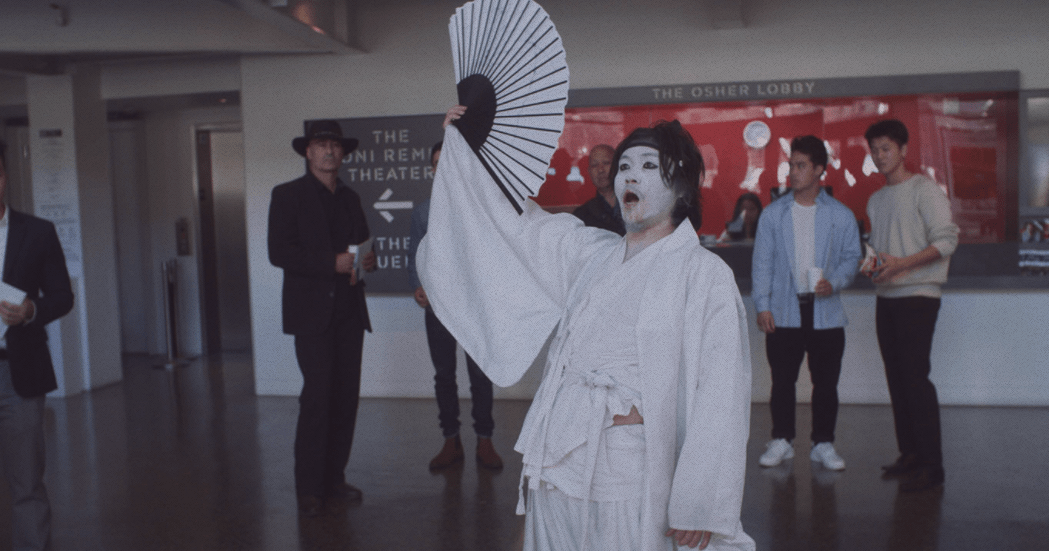
On the contrary, Wonjun Jo actually shares a similar destiny as his character. He is also a stage actor in Korea and member of a theater troupe that faced a #metoo scandal. The members of his troupe are on a blacklist, no matter if they were directly involved in the scandal or not. That means that they are not hired by any other troupe nor theater and are confronted with discrimination by society. He had, like his colleagues, to change career.
Supporting the story are some more experienced film actors such as Park Jae-hong. He has the role of Junho's friend Chang in San Francisco and former member of the theater troupe. He is known for films such as “The Divine Fury” or “Deliver Us From Evil” and convinces with a confident appearance. Same goes also for Hanna Jun who plays the role of Jin. She is an aspiring actress in Korea working for different genres and industry fields.
Inspired by a true event, “Junho” tries to be as sensitive as possible towards his inspiration source. Director Boo's first feature is an attempt to contribute to a relevant and actually political and social topic. It is also a love declaration to acting. The film shows that a basis of formal and technical assets are clearly there. With his editor Daniel Tong, he exhibits, for example, a certain sense of rhythm. Moreover, together with his cinematographer Nicholas Myggen he shows that he knows how to find interesting frames.
With a more precise storytelling and a bigger courage to condense the images, the film would have won on strength. It remains, though, a very valid and important testimony for a very relevant topic.


